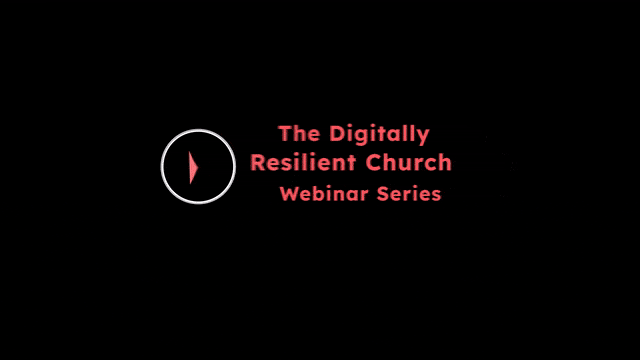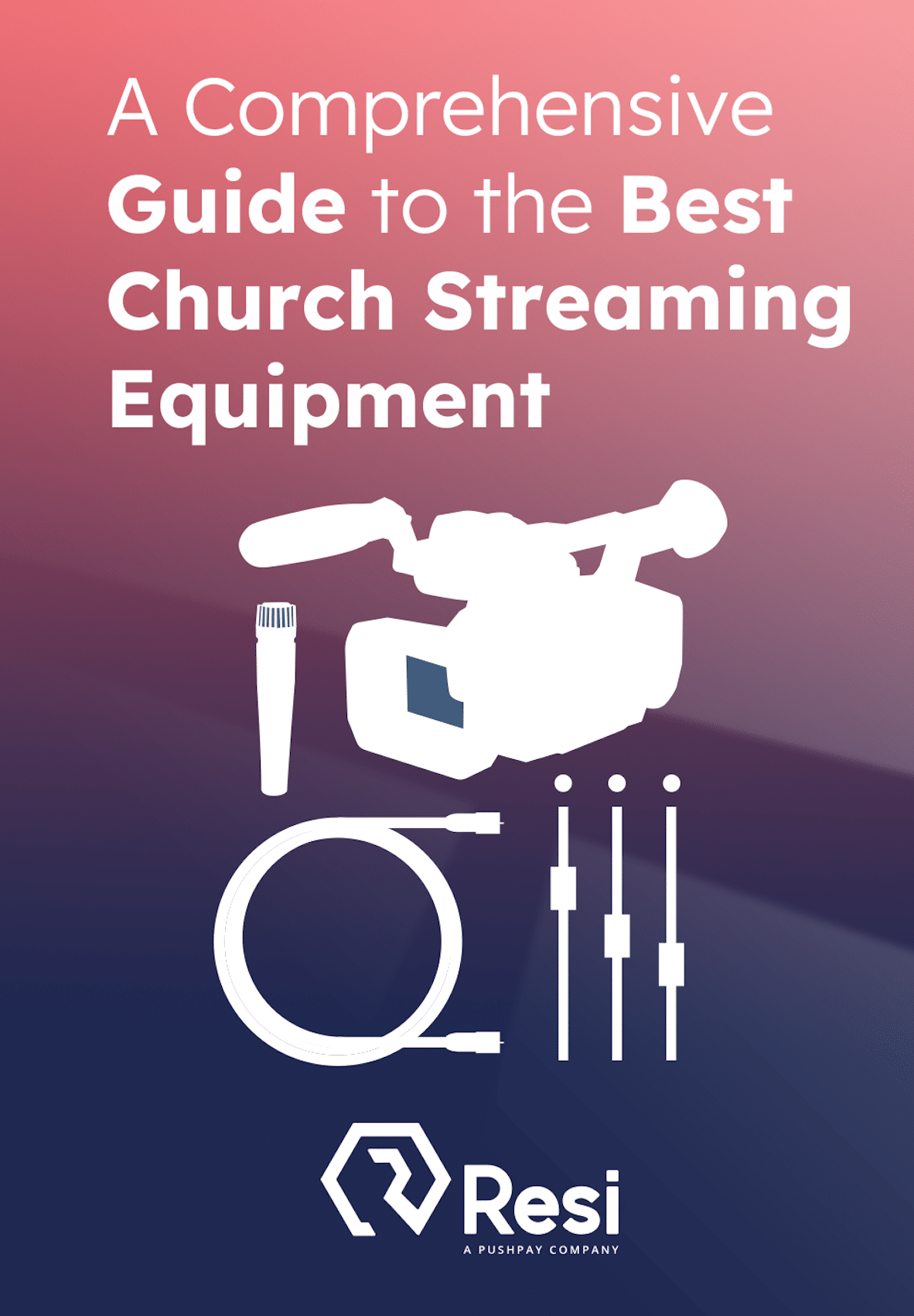
I love it when today’s culture inadvertently represents Christ’s teachings, oblivious to the fact they’re doing it.
In today’s post-pandemic society, influencers dominate the scene. Whether conquering TikTok, Instagram, Twitch, or Facebook, they play a crucial role in the social media realm. The surge in popularity of video snippets can often be attributed to influencers’ impact. Notably, currently, six of the top ten YouTube channels belong to influencers.
In the corporate world, brand ambassadors are the fancy word for influencer. I went ahead and asked Google Gemini to help me understand what exactly a brand ambassador does. Gemini responded:
A brand ambassador is a person who represents a company or brand and acts as the public face of the company. They are experts at talking about the brand online and offline. Their duties include:
- Creating awareness: Raising awareness for the company’s products or services
- Supporting offers: Promoting the company’s offers and acting as the embodiment of the company’s corporate identity
- Interacting with customers: Listening to customer feedback and developing new ways to market products
Brand ambassadors are often expected to have a friendly, charismatic personality and be skilled at using social media. They may also need to have experience in marketing, communication, oratory, leadership, and interpersonal skills.
Even while typing this, a smile spreads across my face. Two millennia ago, Jesus selected a group of mainly blue-collar workers and transformed them into brand ambassadors for his global entity, the Church. Though said with a touch of humor, the impact remains profound.
Through 12 disciples, Jesus altered the course of history, leaving an enduring legacy. Generations have convened in sacred spaces to honor and pray to God, expressing gratitude for the sacrifice of Jesus Christ. It strikes me as ironic that today’s church originated from Jesus and his group of essentially “radical” blue-collar brand ambassadors.
Best Livestreaming Equipment
Discover what top-rated equipment we recommend adding to your church streaming toolkit.
Download for free!
Jesus’ disciples: Brand ambassadors for the Church
During Christ’s time on earth, the disciples were directly mentored by Jesus, who was the prominent figure. While the Pharisees and Sadducees targeted Jesus, the disciples learned under their master’s guidance in the initial days.
However, a pivotal moment arrived when the disciples had to rise to the occasion. Peter’s notorious denial of Christ three times on the night of His crucifixion is a well-known event.
Apart from a few missteps, notably by Judas, in the period following Jesus’ ascension, the disciples functioned akin to how Google Gemini defines a brand ambassador: creating awareness, embodying the company’s identity, and engaging with customers.
While it may seem far-fetched, the concept is clear. Jesus empowered twelve individuals to propagate his vision, leading to a cascade effect of investment and growth. This lineage of empowerment continues to this day, spanning over two millennia. It’s intriguing how modern marketing principles echo the foundational aspects found in ancient biblical teachings.
Someone asked global marketing guru Seth Godin on his podcast Akimbo, “How do I get my message heard worldwide?” Seth’s response may feel eerily familiar: A billion people don’t care about what we have to say. If your goal is to get global attention, craft a message that is not for everyone but for someone. Get an individual to hear that message, understand that message, and tell that message to someone else.
I’m not sure if Seth realizes this, but that is the exact practice Jesus used to build the Church, and 2,000 years later, we’re still going!
If “influencers” worked for Jesus, why not let it work for today’s church?
Finding, meeting, and discipling the Influencers in your Church.
Before condemning me for heresy, please hear me out. When I say “influencer,” I’m not referring to the superficial social media influencers saturating Instagram. (Or maybe I am). I believe that everyone who has encountered Jesus holds a unique “Jesus story” to share. Even social media influencers possess the potential for spiritual influence if they choose to embrace it. Therefore, why not invest in empowering them? Imagine the impact if your church were to mentor an influencer. How could this potentially elevate your church’s influence in the kingdom?
An excellent illustration of this phenomenon is Churchome. Lead pastor Judah Smith is widely recognized as a “celebrity pastor,” with his most notable follower being Justin Bieber. Yes, the renowned singer attends Churchome.
Regardless of your opinion on Bieber’s music, he openly discusses God, Jesus, and Churchome on his social media platforms. Numerous people have viewed sermons, downloaded the mobile app, and engaged in conversations with pastors through Churchome’s “PastorChat” due to Bieber’s social media posts about his church. In many respects, Churchome’s highly effective digital strategy is reinforced through the involvement of Justin Bieber and other celebrity congregants who share their church experiences online.
Not at the Bieber level, but I also have some experience with the influencer model. My experience is probably more of a “B” or “C” level celebrity. I’ve had church attendees with political agendas; one ran nationally to become President of the United States. We’ve had professional athletes and even professional actors attend churches I’ve worked for.
As a digital pastor, I would sit with many of them, helping them understand how to position social media posts that would be helpful (and not detrimental) to the church. In several situations, they would use me as a sounding board, getting me to “approve” the posts before they were sent. In one situation, in particular, I worked closely with the marketing team, who ghost-ran the account for the celebrity. Across the board, everyone wanted to be helpful, and the priority was the church’s ministry, even over the influencer potentially losing followers.
The scariest part of working with an influencer is getting to where you can trust them to speak spiritually. At least in my situations, I found them humble, teachable, and willing to be taught a spiritual voice and tone. (Many of them were lecturing me on digital strategy, which I humbly listened to and learned from. Most of their insight was valid, and some I still use today.) Some of these influencers were even discipled by Pastors in our church. We saw God move in a big way.
There are lines that I and the church would not cross. True story: A celebrity wanted to bring an MTV camera crew into our church service to film her attending the church service, to use the church service as part of her reality show. For the record, my church declined that proposal. Nevertheless, I’ve witnessed the impact of “influencers” and “brand ambassadors” yielding spiritual benefits, prompting me to recognize that indeed, God employs influencers for His work in the Kingdom.
The challenges of Great Aunt Ruth: What if Justin Bieber doesn’t attend your church?
Having a Justin Bieber-level celebrity in your church is unlikely. So, what if there are no A-listers around? Back in my days as a digital pastor, I used to quip that each of us, even my dear Great Aunt Ruth, wields influence. And it’s true: Influence is universal. While Aunt Ruth might not be famous beyond her kin, she excels at baking pistachio muffins. Remember, there’s a scriptural call to action: Utilize whatever influence we possess for the greater glory of God.
Consider the Parable of the Talents in Matthew 25. Those who invested the talents saw their investment multiplied, but the one who sat on the talent, in fear of losing it, was called “wicked and slothful” by the Master. Even if your influence is isolated to a few family members and close friends, biblically, we should use that influence to represent Christ well.
An interesting stat came out of Barna research back in 2021: 79% of people who are “cold to Christ” when they have spiritual questions do one of two things: 1) they go to Google/YouTube to find the answers to those questions, and 2) they go to friends who should have spiritual answers to those questions.
Live streaming church services through Resi and putting your sermons onto a custom streaming site through Resi On Demand is a terrific start to developing a digital strategy. But the people in your pews are the ones who have friends who don’t know Jesus.
It’s worth noting that in the Barna research, the people who have spiritual questions don’t go to church buildings to get answers to their spiritual questions. Culturally, Pastor, realize you’re losing influence in today’s culture with people cold to Christ. A team of Great Aunt Ruths, empowered with the Gospel, may have more impact than the lead pastor. A realization like this led Francis Chan to say, “Evangelism in the future will not happen in cathedrals or temples but in houses and living rooms.”
Switching Streaming Providers
What if we told you that switching to Resi could be as easy as a few simple steps?
Download for free!
Building a team of digital missionaries for the Kingdom
So, what would it look like for your church to equip a team of digital missionaries from your church? We will discuss this topic at length in Part 5 of The Digitally Resilient Church. Dr. John Harris, co-author of Sharing Jesus Online and Lead Pastor at the digital church Hearts Like His, has spent a lot of time training and empowering individuals to share Jesus, mobilizing them in ministry. If there’s anyone who can help your church develop a team of digital missionaries, it’s Dr. John.
Is this a radical idea? Certainly! That being said, it’s surprisingly practical and cost-efficient! What do you have to lose? For more information on this or other digital strategies, access Resi’s The Digitally Resilient Church Series and learn how your church can expand evangelism, discipleship, and even volunteering digitally.
Each of us holds a unique Jesus story that could resonate with someone out there, and the digital realm provides a powerful platform to forge those connections. Whether your congregation includes Justin Bieber or a congregation of Great Aunt Ruths, your church stands at a pivotal juncture to engage diverse individuals by inspiring them to leverage their digital presence to foster connections and spread the message of Jesus.







